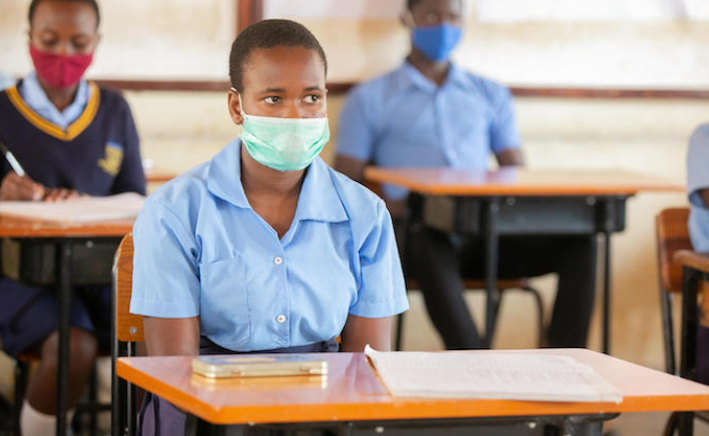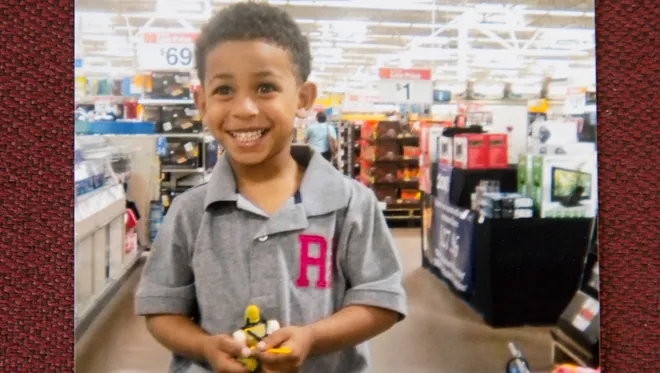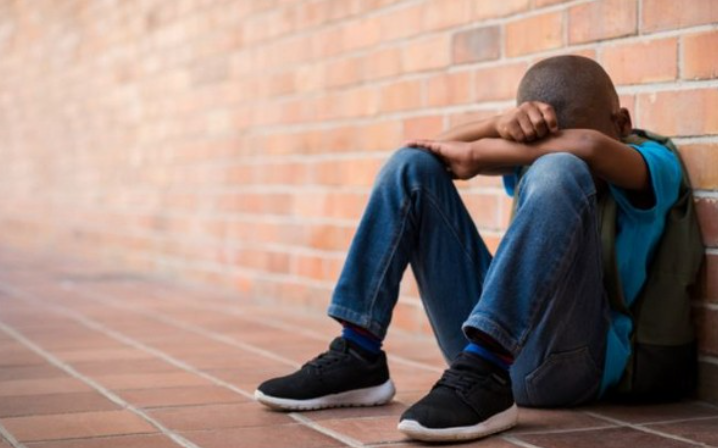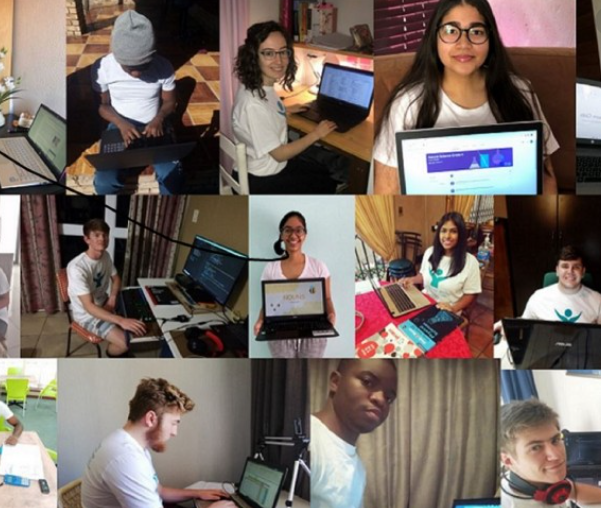NEZISWA TITI|
In the last year, we have seen worrisome media reports of children bullying each other. The public has expressed grave concern with calls for schools to take action against children who violate their peers. In one particular case, we witnessed the detrimental psycho-social effects of bullying which can lead to suicide or children being unable to return to school.
The pervasive question lingering in the air, as if children are to blame, is, “Why do children abuse each other?”
Findings from my doctoral research that sought an in-depth understanding of the life stories of children who had experienced sexual trauma within a context of poly-victimisation (exposure to different forms of violence) in South African townships indicated bullying as one of the multiple forms of violence they experience.
While the study sought to understand how children made meaning of sexual trauma, surprisingly, children focused more on the detrimental effects of parenting, suggesting that parental physical and emotional abuse affected them more than sexual violence.
The findings also indicated, once again, the detrimental psychological and social effects of childhood in lone parenting and single mother households.
Children also reported that they live in perpetual fear of victimisation in the townships resulting from witnessing and experiencing different forms of violence at the same time.
READ: Grade 10 learner from Limpopo school dies after bullying video goes viral
To understand the root cause of bullying, we must address corporal punishment and the underlying drivers of violence in children’s environments. Films like Underground Railroad and 12 Years a Slave portray slavery and apartheid, with religion being used to promote and perpetuate corporal punishment.
The demonstrated brutal use of corporal punishment is therefore a historical form of punishment over subordinates. The generational repercussions of this kind of discipline is the ongoing historic trauma our society is dealing with today.
Given that humans are products of their environments and the integral role history plays in people’s realities, there is a need to acknowledge the impact of South Africa’s brutal and violent past on children’s realities. Historic trauma has a generational impact on cultural approaches to conflict resolution and informs parenting practices in the country as a whole.
The stressors that are embedded in the daily struggles of communities create frustration in households which result in mismanaged anger and violence, and this is, ultimately, both witnessed and experienced by children.
In a recent virtual session with Parliament, Cooperative Governance and Traditional Affairs Minister Nkosazana Dlamini-Zuma outlined the root cause of the problems in South Africa, and identified the loss of land and forced removals; fathers and men living in dormitories away from their wives and children; cheap and long hours of labour; and job reservations for white people only with the economy being monopolised by a few.
These roots causes are the consequence of Apartheid laws with visible inequalities evidenced by the racial segregation in the make-up of townships and the suburbs, which means the majority of childhoods in South Africa are disadvantaged.
Franz Fanon in his classical work, Wretched of the Earth, aptly describes the locale in which most South African children live, calling it a damned zone. The violent colonial history and apartheid laws such as the migrant labour system and the construction of townships have had detrimental effects on family systems, and the presence of fathers in their children’s lives.
The works of Nhlanhla Mkhize, a professor of psychology and Acting Deputy Vice-Chancellor at the University of KwaZulu-Natal, demonstrates how this difference is attributable to the absence of collective child-rearing as a consequence of Western individualistic norms of parenting.
His views on culture, modernisation and fatherhood are supported by findings from the Understanding Fatherhood in South Africa report by Heartlines which outlines cultural (i.e. ilobolo and intlawulo), environmental (i.e. historical and migrancy), notions of masculinity, socio-economic and systemic factors (governmental and religious) as some of the drivers of absent fatherhood.
In the paper, Reflections on Parenting Practices that Impact Child-rearing in a Low-income Community, Naiema Taliep, Ghouwa Ismail and I demonstrate how parenting is influenced by the way societies are organised. Ineffective parenting practices have been associated with multiple negative social and health outcomes among young people, with children demonstrating low emotional intelligence and aggressive behaviours which both constitute bullying.
Social disorganisation, and family structure comprised of women-headed, single-parent families with poor parental monitoring and formal and informal social networks, influence a child’s outcomes.
Nonzuzo Mbokazi’s doctoral research explained how low-income, employed mothers navigate care strategies and childcare for their young children in KwaZulu-Natal while navigating work and mothering responsibilities in the absence of support from the father’s family.
This is demonstrated by the fact that single mothers lack parenting support which is an outcome of patriarchal norms which have rendered women with less economic power. Women’s lack of financial autonomy, in conjunction with an internalised violent response to stress, strips mothers of the ability to give nurturing care in the form of supportive, consistent, and involved parenting.
During the children’s hearings on the Children’s Amendment Bill (to adjust the Children’s Act) in Parliament on May 21, 2021, a Western Cape Government child monitor from the Office of the Children’s Commissioner stated that “children are the outcome of parental performance.”
READ: Sexual assaults and violence at South Africa’s schools
This means that when corporal punishment is used as a form of discipline, children learn to use force, violence and abusive speech as a means to be heard or seen, which are all forms of bullying.
While media reports are based on older children’s experiences of bullying (usually at school), bullying behaviours are evidenced quite early in children’s life courses, as is the case with toddlers whose emotions are not properly managed and do not possess the language to express their feelings as this has arguably not been modelled to them.
The question to be asked then is: “How would toddlers learn to manage their emotions and use positive vocabulary to express their feelings if this is not modelled by parents?”
Child outcomes are the responsibility of both parents. While, in the South African context, single motherhood and lone parenting are highly prevalent, all parents need support to unlearn the ineffective and abusive parenting practices currently being employed and to model healthy disagreement to children.
Women, due to patriarchal privilege for men, carry most of the parenting responsibility, and as such, children experience mothers to be more aggressive in parenting. To this effect, another child monitor in her submission to Parliament reflected on the emotional abuse of children by their mothers, describing them as rude and vulgar towards their children. The children, in turn, called for legal repercussions against mothers who are violent towards their children.
As with the South African Schools Act of 1996, which prohibits the use of corporal punishment on learners, corporal punishment by women against children in the home is seemingly only enforced in the most severe cases. It should, however, be noted that male-headed households also contain violent parenting practices with men violating both women and children.
READ: DBE launches nationwide anti-bullying drive
In a webinar titled, Promoting an understanding of the intersections between violence against women and children organised by the Children’s Institute, UCT on 13 October 2020, researcher at the University of Johannesburg Lisa Vetten, unpacked the history underpinning men’s entitlement to uphold their sense of power through their perceived right to punish women and children.
While all children are affected by corporal punishment and bullying, black children experience multiple intersecting oppressions namely race, gender and class – in addition to age – leaving them at the bottom of the social ladder.
As a result, children across all races, social classes and genders are exposed to men’s and women’s violence against them.
When alone, children then violate and bully each other as an outlet for all the anger they have built up inside. This is to say, children experience and inflict violence on each other across all settings like at home, in school and within the community. They are therefore merely modelling society when bullying and harassing each other.
It is time we rethink how the country can begin reshaping how to express discomforts, how to listen to different perspectives and embrace change and agency.
In his seminal book, I Write What I Like, Steve Biko called it a “miracle” for someone to make it to adulthood in a township. Therefore, knowing the history and design of townships and its residual legacies, the law must be redressed to correct the miserable worlds of South Africa’s children through the Children’s Amendment Bill.
Apartheid laws created this misery that South Africa’s children and their caregivers find themselves in, therefore modern-day policies should make provision for fathers to have access to their children.
Parliament is currently conducting hearings on the Children’s Amendment Bill. To give children a better environment; the economic stressors and hard living conditions in which mothers must parent their children has to be addressed.
Focusing on the role that structural factors play in parenting can ensure that we address the “causes of the causes” concerning parental stressors which are transferred to children. The Children’s Amendment Bill must be amended to make provision for fathers to have equal parental responsibilities and rights as mothers and strengthen parental support for children.
Programmes are needed to help caregivers and parents learn alternative disciplining mechanisms to corporal punishment, which will, in turn, support parents with choosing better ways to discipline and engage with their children.
Considering our history, it must be acknowledged that South Africa is a traumatised country as we see in the hostility of its people and the behaviours of children.
A model that is a contradiction to the violent and aggressive persuasive parenting style and demand for authority is gravely needed to take care of bullying in its early stages.
Neziswa Titi is a researcher at the University of Cape Town’s (UCT) Children’s Institute.










